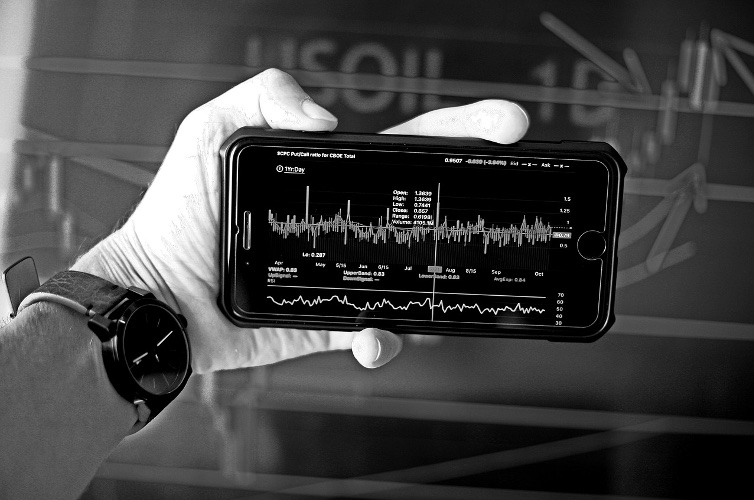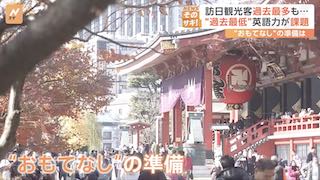Sep 18 (News On Japan) - Market volatility is a fundamental aspect of financial markets that can significantly influence the performance of mini and micro futures.

These smaller, more accessible futures contracts are popular among individual investors looking to capitalize on market movements with limited capital outlay. This article will delve into the intricacies of market volatility and its direct impact on the performance of mini and micro futures.
We will explore:
- The Definition of Micro and Mini-Futures
- The definition of market volatility
- How Market Volatility Affects Micro and Mini-Futures
- Choosing the Right Contract Type in Volatile Markets
- Strategies for Trading in Volatile Markets
Definition of Micro and Mini-Futures
Micro and mini futures provide investors with different levels of exposure to financial markets and varying capital requirements. Micro futures are usually one-tenth the size of mini futures, making them a great option for individual investors or traders with smaller portfolios looking to manage risk effectively. Trading micro futures allows for more precise scaling and greater flexibility in adjusting positions compared to larger mini contracts.
On the other hand, mini futures offer a balance between micro and standard-sized futures, providing a moderate level of leverage and exposure. Understanding the nuances of micro vs mini futures is crucial for investors to choose the contract type that best aligns with their financial goals and risk tolerance in volatile markets.
Definition of Market Volatility
Market volatility refers to the frequency and magnitude of price swings in financial markets. It is a measure of uncertainty and risk, as it indicates how much prices fluctuate over a given period. Higher volatility means that prices move more significantly, while lower volatility suggests relatively stable market conditions. Volatility is a crucial aspect of financial markets as it impacts the performance of various assets, including mini and micro futures.
How Market Volatility Affects Micro and Mini-Futures
Market volatility can have a significant impact on micro and mini futures contracts. In highly volatile markets, prices can move rapidly in both directions, making it challenging for investors to predict the market's direction accurately.
This unpredictability increases risk and makes it more challenging to manage positions effectively. Additionally, high volatility often leads to wider bid-ask spreads, which can result in higher trading costs for investors.
However, volatility also presents opportunities for traders as increased price movements can create potential profit opportunities. For instance, in a bullish market with high volatility, investors may opt for long positions on micro or mini futures contracts to capitalize on upward price movements. Conversely, in a bearish market, traders may choose to take short positions to profit from downward price movements.
Choosing the Right Contract Type in Volatile Markets
In volatile markets, investors must carefully consider their financial goals and risk tolerance when choosing between micro and mini futures contracts. Micro futures tend to be more suitable for traders with lower capital or those looking to manage risk more closely due to their smaller contract sizes.
On the other hand, mini futures are better suited for investors with larger capital or those seeking greater exposure and potential returns. However, it is essential to note that trading higher volumes of contracts can also increase risk exposure in highly volatile markets.
Therefore, understanding market volatility and its impact on different contract types is crucial when making trading decisions. It is also essential to have a well-defined risk management strategy in place to mitigate potential losses in extreme market conditions.
Strategies for Trading in Volatile Markets
Aside from choosing the right contract type, there are various strategies that investors can employ when trading in volatile markets. These include:
Diversification
Investing in a diverse range of assets can help reduce overall risk exposure as different assets may react differently to market volatility.
Informed
Placing stop-loss orders can help limit potential losses by automatically closing positions at a predetermined price point.
Using technical analysis
Technical indicators and chart patterns can provide insights into market trends and potential entry and exit points.
Staying Informed
Keeping up with market news, trends, and economic indicators can help investors make more informed trading decisions in volatile markets.
Utilizing hedging strategies
Hedging involves using opposite positions to mitigate potential losses in the primary position. For example, an investor may hold both long and short positions in a particular asset.
Conclusion
Volatile markets present both risks and opportunities for traders and investors. Understanding the different contract types, their features, and how they react to market volatility is crucial in making informed trading decisions.
Additionally, employing appropriate risk management strategies can help mitigate potential losses and maximize gains in such conditions. By staying well-informed, diversifying portfolios, and continuously evaluating and adjusting trading strategies, investors can navigate volatile markets successfully.















